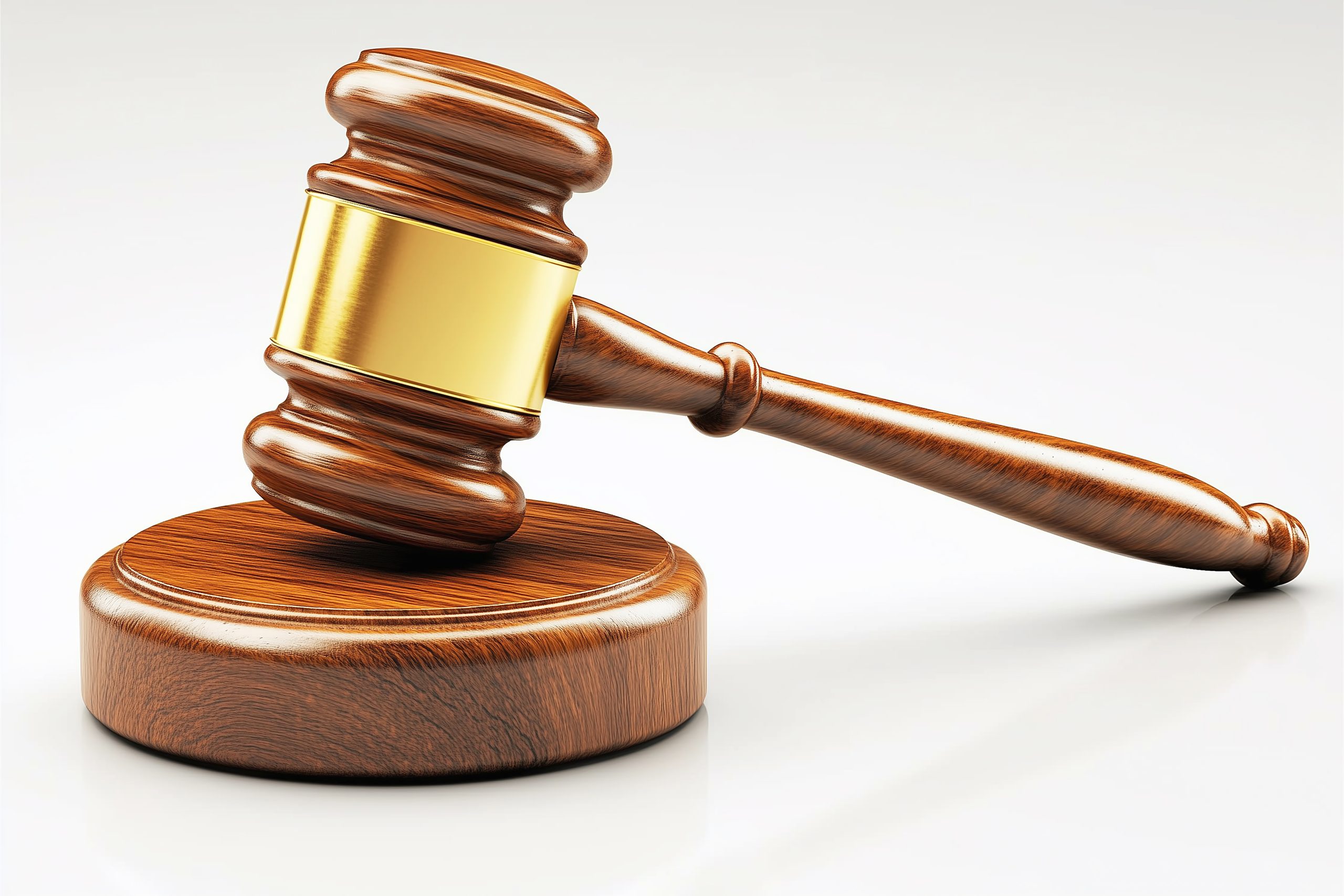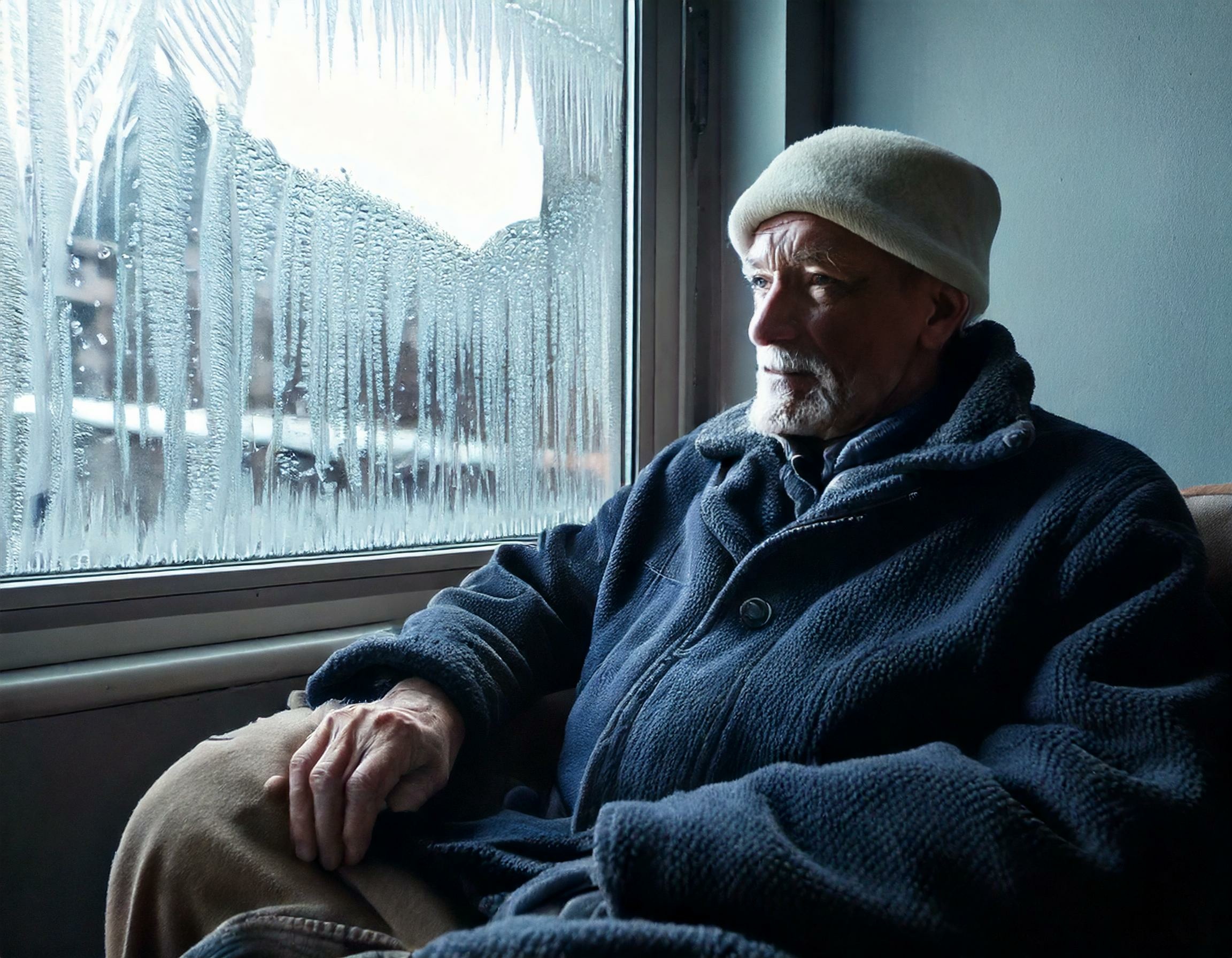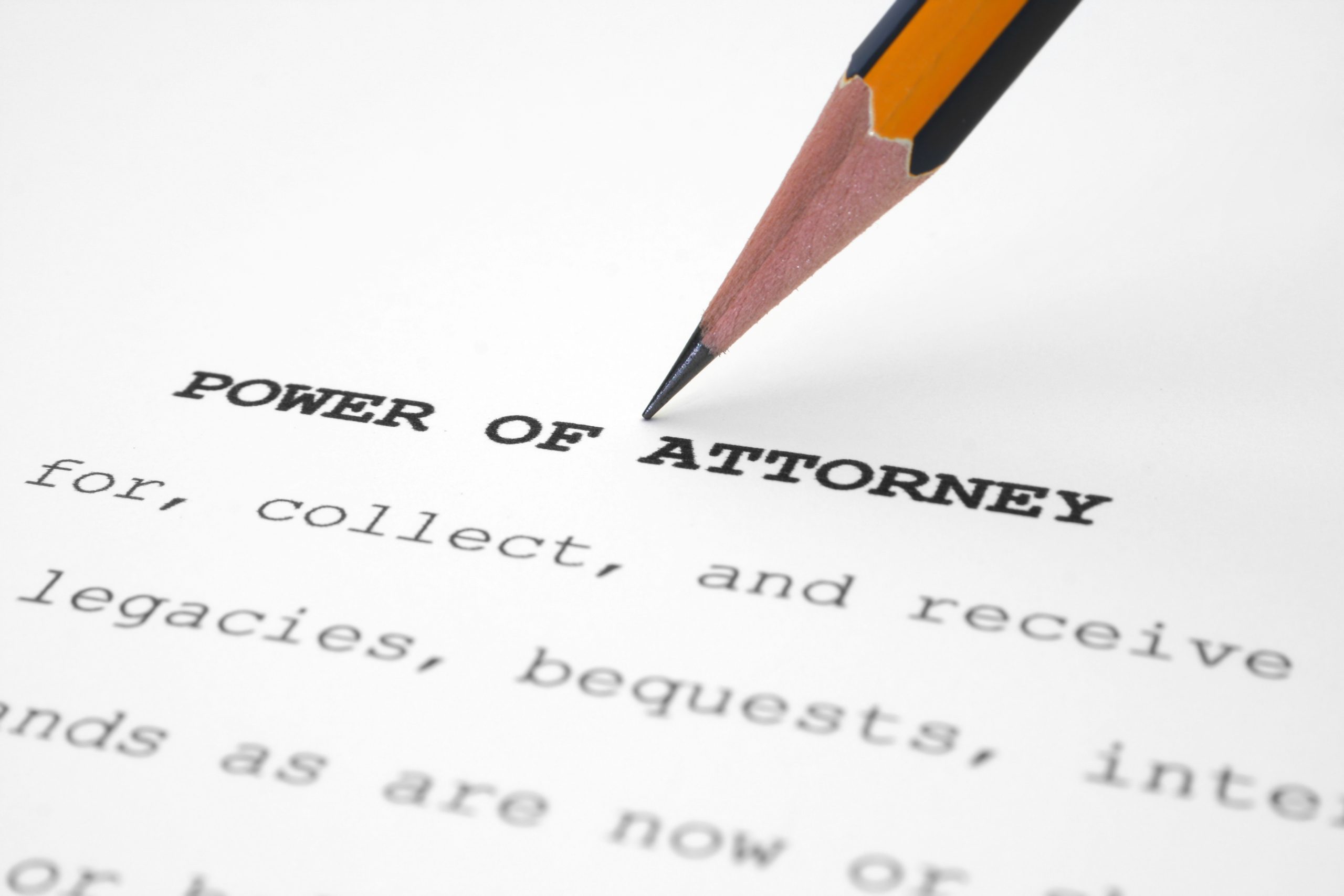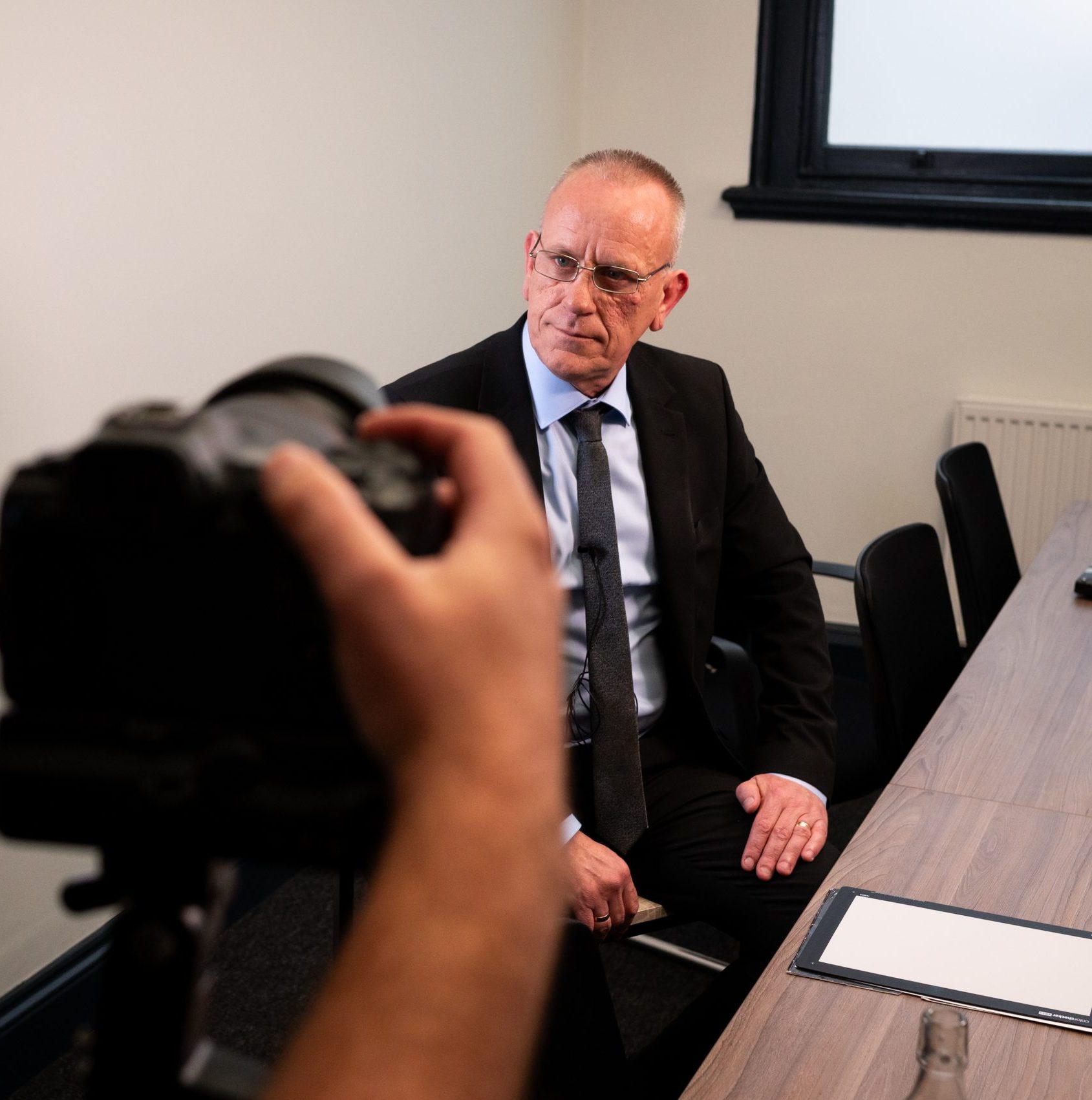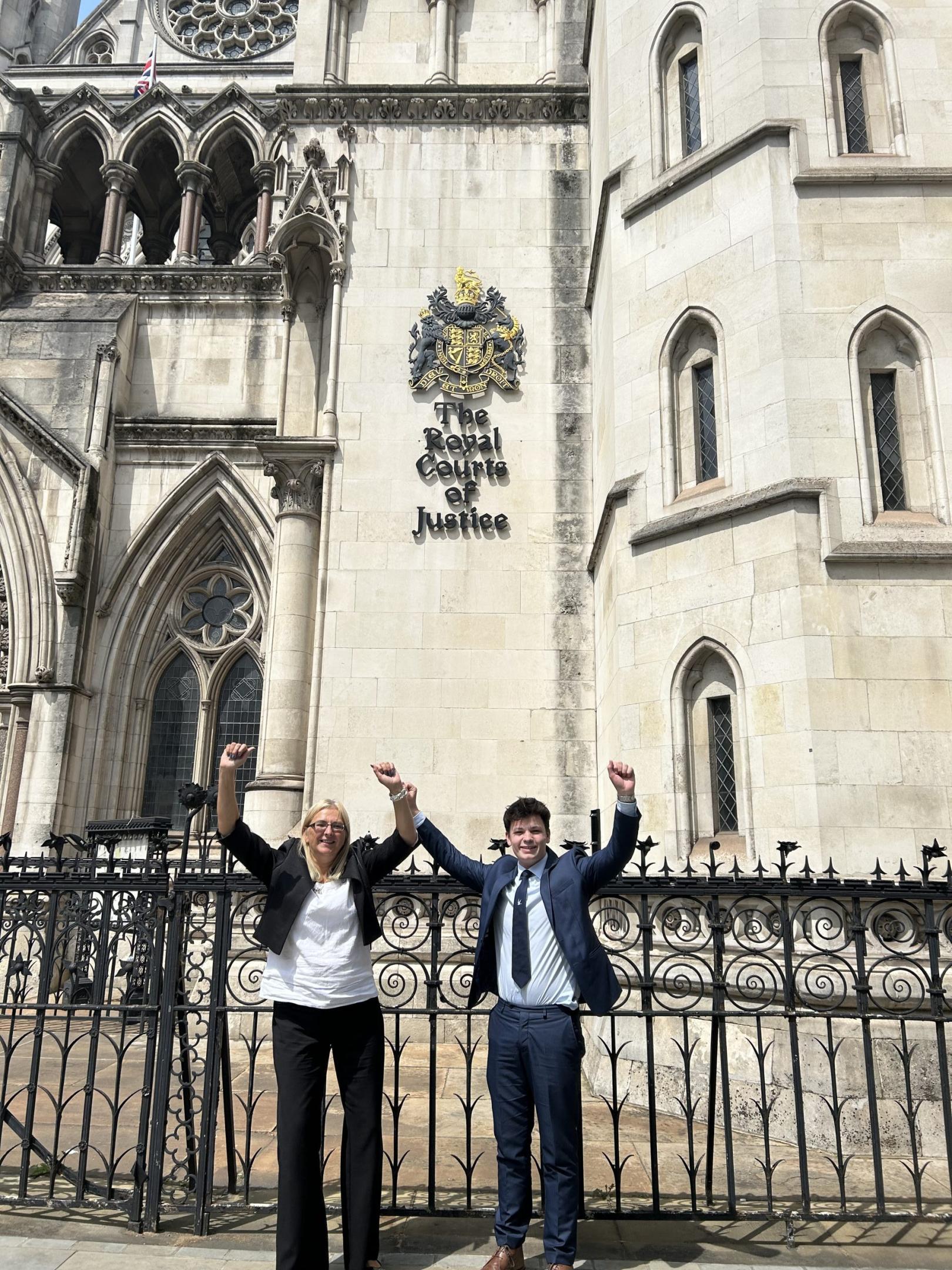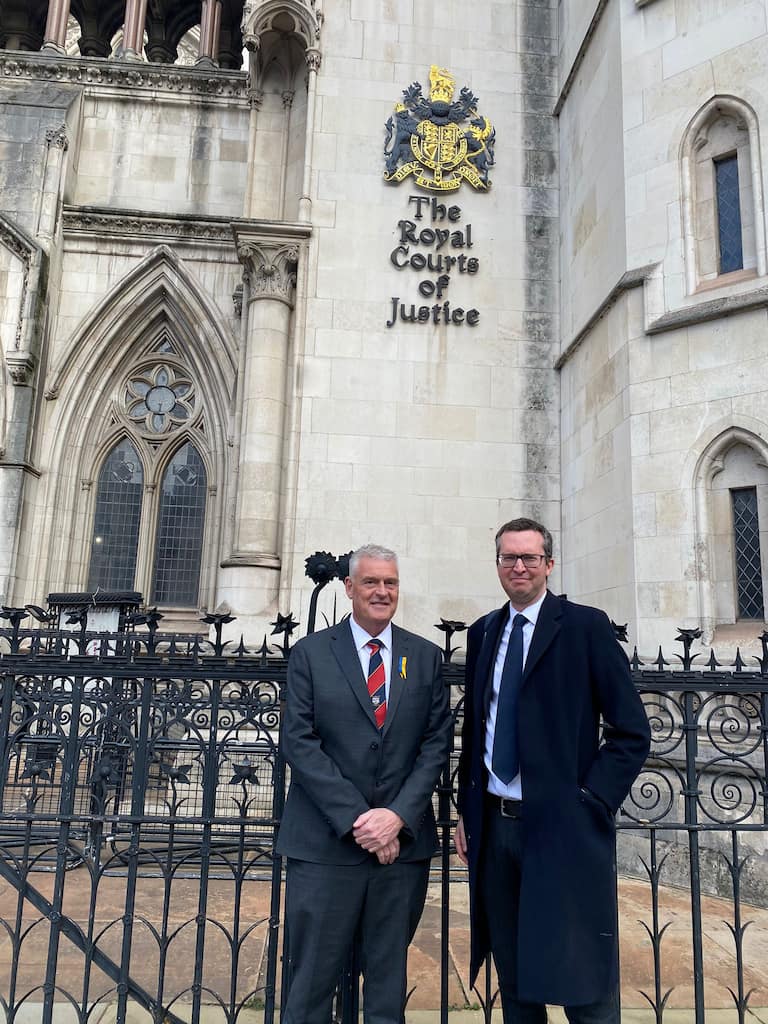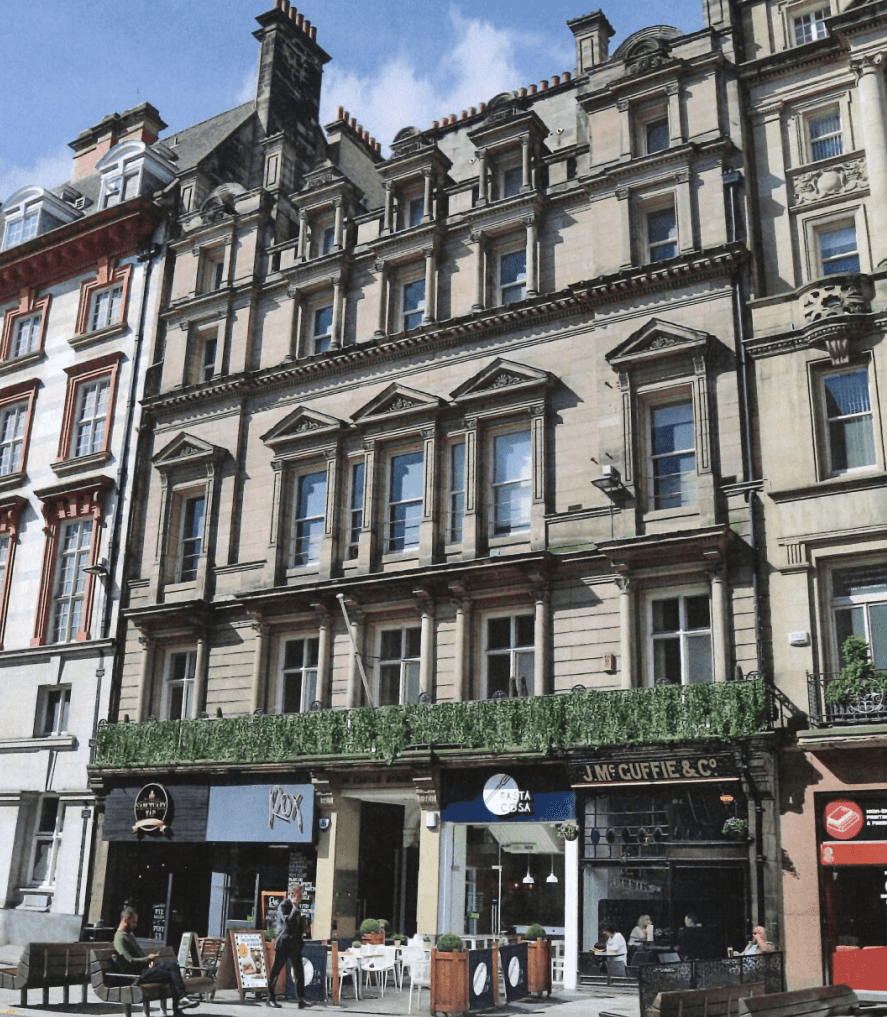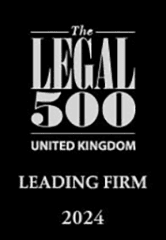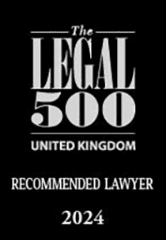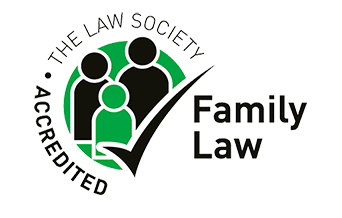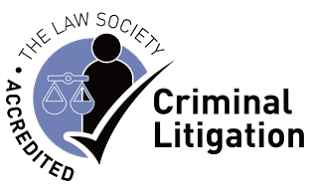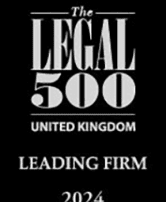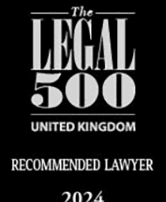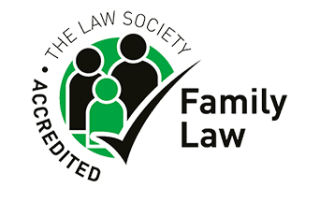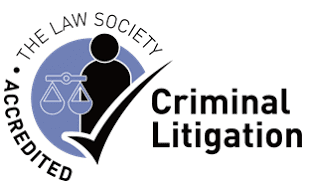When you accept fixed penalties or are convicted of road traffic offences such as speeding, using a mobile phone while driving or contravening a red light, you are aware that penalty points are endorsed on your driving licence.
Once you commit an offence which would take the total of points for offences committed within a three-year period to twelve, you are classed as a “totter” and will lead to you falling for consideration of a six-month disqualification from driving (if you have not been disqualified for 56 days or more within the preceding 3 years.)
The consequences of a driving ban can of course be catastrophic and life changing, as many of us rely on our ability to drive to manage our day-to-day activities, family life, businesses, and employment.
However, a totting ban in those circumstances can be avoided if the Magistrates were to accept that losing your licence would cause exceptional hardship to you or those around you. This is a legal argument that is made to the Court, and it is for the defence to prove such an argument on the balance of probabilities i.e., “so it is more likely than not” that exceptional hardship would be caused.
Parliament has not defined what “exceptional” hardship is. The Courts acknowledge that some hardship will be caused to all drivers who receive a disqualification. A driving ban can for example make necessary travel logistically more complex, time consuming or more expensive. The approach of the Courts is that this is simply an inevitable part of the punishment for a driver who has committed a series of offences,
To be successful, the driver must show something more than that – it must be a disproportionate level of hardship and we have to demonstrate that there are no measures that could be put in place that would mitigate that hardship. The key element here is to corroborate anything that we assert, as the prosecution will have the opportunity to question you on what we have asserted. Unless we raise a watertight argument, the prosecutor will seek to suggest to the court that the difficulties a ban would cause are surmountable.
Experience has taught me that the Magistrates are impressed if you can support what you are saying with for example diaries/schedules that demonstrate the frequency and location of the journeys that you maintain require you to have a driving licence and with supporting letters from other parties involved who can corroborate what you say. Just think of it in terms of this – the court won’t just take your word for it that exceptional hardship will be caused. We need to make it absolutely clear and compelling. If we can do that then in my experience, the prosecution and magistrates will often have no questions for you in cross examination.
Exceptional hardship examples include:
– a driving ban would cause you to lose your job and then you would not be able to pay your bills and support your family.
-your driving licence allows you to provide necessary support and care to elderly or infirm relatives and no one else is available to perform those duties if you are disqualified.
-you are a business owner and wouldn’t be able to travel to win new contracts and visit clients at short notice, often in multiple locations in one day.
This is by no means an exhaustive list and what can be described as “exceptional” hardship is often relative to the individual. I will be able to provide advice that is tailored to you during our first conversation.
Exceptional hardship arguments are easily the most common type of motoring case I have undertaken over 20 years. I am always happy to have a free initial consultation with you to assess whether there would be any merit in making this argument and will advise you on my view of the prospects of success. Integrity and reputation are fundamental and if I believe that you have no chance of avoiding a driving ban, I will tell you at the out-set, before you incur unnecessary legal fees.
Nama Zarroug
Solicitor and Higher Court Advocate
Director




